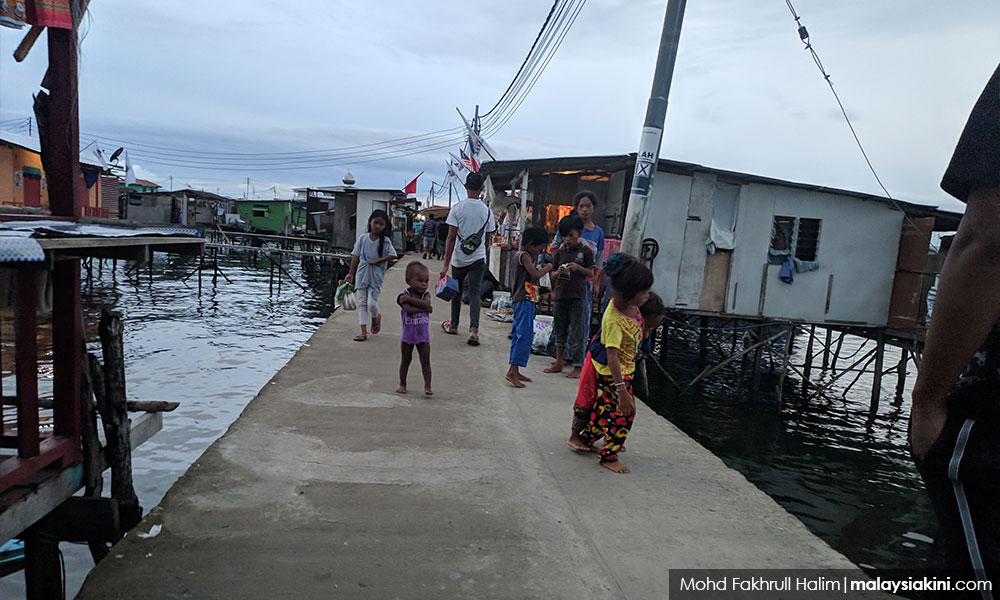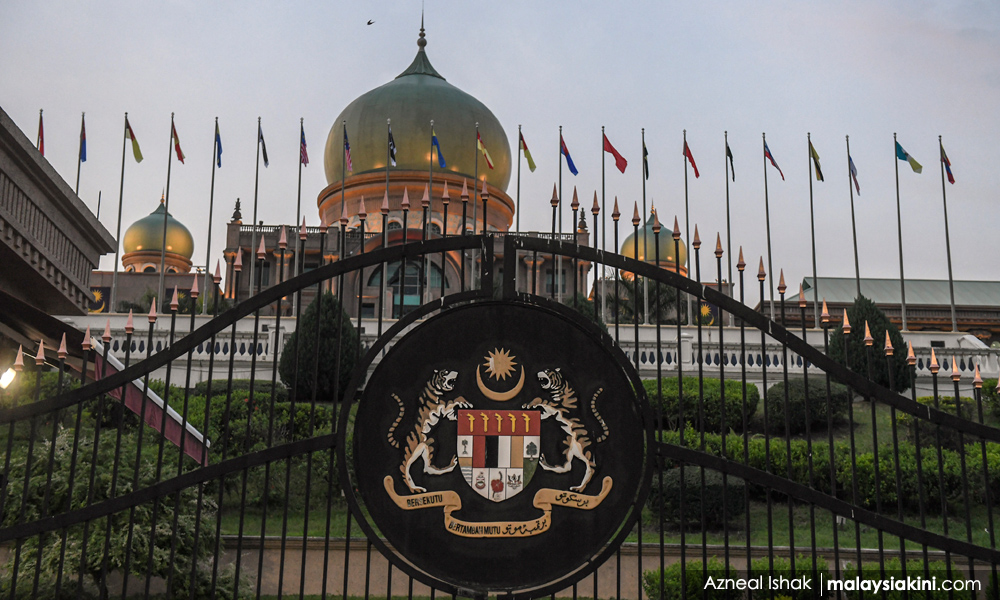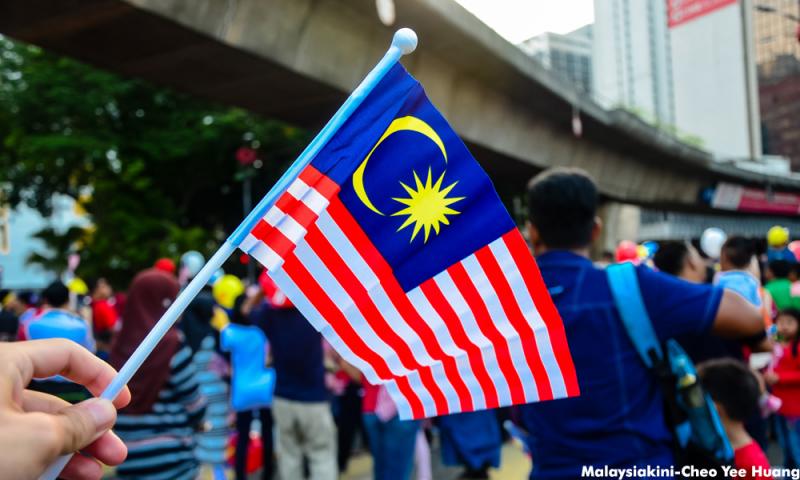COMMENT | Merdeka unity spirit should include helping the stateless
COMMENT | On the eve of the 66th year of Merdeka, we celebrate our hard-earned independence from colonialism and the forging and advancement of our national spirit and purpose.
However, this Merdeka the plight of the stateless is at the forefront. These stateless are persons who, despite only knowing Malaysia as their home, are denied the rights of citizenship that so many of us take for granted.
Our Merdeka celebrations are marred, as the very government which has promised reform, is taking active steps which will consign the stateless to a hopeless legal limbo.
In June, it was revealed that the Home Ministry was moving ahead with amendments to key citizenship provisions in the Federal Constitution which will not only make those who are stateless unable to have their citizenship recognised but will inevitably create a vast new class of stateless persons in Malaysia.
It is the stuff of a dystopian nightmare, and the logic of the government’s move is incomprehensible. Even previous governments uncommitted to reform or transparency, did not descend to this level.
The proposed removal of Section 1(e) of the 2nd Schedule of Part II of the Constitution, a crucial provision that is intended to prevent statelessness in Malaysia, will have a devastating effect on persons who by the circumstances of their birth are rendered stateless. Infants and children will be punished from birth.
This proposed amendment flies in the face of the reason for its original incorporation into the Constitution. This history is important.
The 1957 Constitution granted citizenship to anyone born on Malaysian soil under the principle of ‘jus soli’. Amendments were then made in 1962 to include the requirement that one parent must be a citizen to confer citizenship on the child.
To prevent the danger of persons being rendered stateless with this new requirement, Section 1(e) was introduced into the Constitution. The drafters of this 1962 amendment were far-sighted and provided an indispensable safety net in the form of Section 1(e).
Creating new underclass
The baffling decision now to remove Section 1(e) will result in the creation of a new underclass, living in a country that refuses to recognise their legitimate existence and systemically bars them from participating in society on equal terms.
Intended or otherwise, its result is a malevolent form of social engineering creating a new underclass.

The government’s proposed amendments do not stop there; it also aims to remove Section 19B of the 2nd Schedule Part III which will remove the right of foundlings (abandoned children or orphans) to citizenship.
This new amendment is patently to nullify the landmark decision of the Federal Court in CCH & Anor v Pendaftar Besar Bagi Kelahiran dan Kematian, Malaysia [2022] 1 MLJ 71, on the rights of foundlings to citizenship. It will undo the Federal Court’s reasoned and progressive decision to protect foundlings from statelessness.
These are not the only amendments that are being proposed; the right to citizenship of permanent residents is also to be removed, making children of those who permanently reside here now potentially stateless as well.
Smoke and mirrors
It is sheer trickery and sleight of hand that these regressive amendments were packaged with a necessary amendment to resolve the much-publicised citizenship woes of children born abroad to Malaysian mothers.
It is counter-productive that the government intends to resolve one aspect of statelessness, whilst at the same time creating a large new class of stateless persons. By the logic of known circumstances, this new class will not shrink, but expand over time, including generationally.
The devastating effect of statelessness cannot be understated; those who are stateless are barred from access to education, healthcare, gainful employment and all the other rights of a Malaysian citizen.
They are forced to take on low-paying jobs or at worse dangerous and perhaps illegal work, all the while under constant threat of harassment detention or extortion, including by rogue members of enforcement bodies. In summary, they are jettisoned into the margins of existence, a permanent interdiction upon their heads.
But what sin does a child born out of wedlock bear that they are to be denied a future? Why must abandoned babies and orphans be punished by the government for events they have no control over? What justice is there for those who have only known Malaysia to be their home and yet are denied citizenship?

The government’s proposed amendments to the Constitution are nothing short of cruelty, done under the wrong-headed notion that stateless persons are a security issue. They are not. They are hapless individuals who have fallen through the bureaucratic cracks of the administration.
Despite the outcry against the amendments, the government plans to present the proposed amendments to the Conference of Rules for their consent in October.
The slogan of unity and hope to Malaysians promoted by the government this Merdeka day cannot be to the exclusion of the stateless. They are one of us, Malaysians just the same, and their marginalisation diminishes us all.
As such, we call upon the government to immediately drop these pernicious amendments to the Constitution. In the true spirit of Merdeka, it is incumbent upon the government to uphold the rights of all Malaysians, including all those now administratively rendered stateless.
No one must be left behind.
AMBIGA SREENEVASAN is a lawyer, activist and former president of the Malaysian Bar.
DR HARTINI ZAINUDIN is a child activist and founder of Yayasan Chow Kit.
LATHEEFA KOYA is a lawyer, activist and former MACC chief commissioner.
MAALINI RAMALO is the director of social protection for the Development of Human Resources for Rural Areas (DHRRA).
The views expressed here are those of the author/contributor and do not necessarily represent the views of Malaysiakini.
RM12.50 / month
- Unlimited access to award-winning journalism
- Comment and share your opinions on all our articles
- Gift interesting stories to your friends
- Tax deductable
